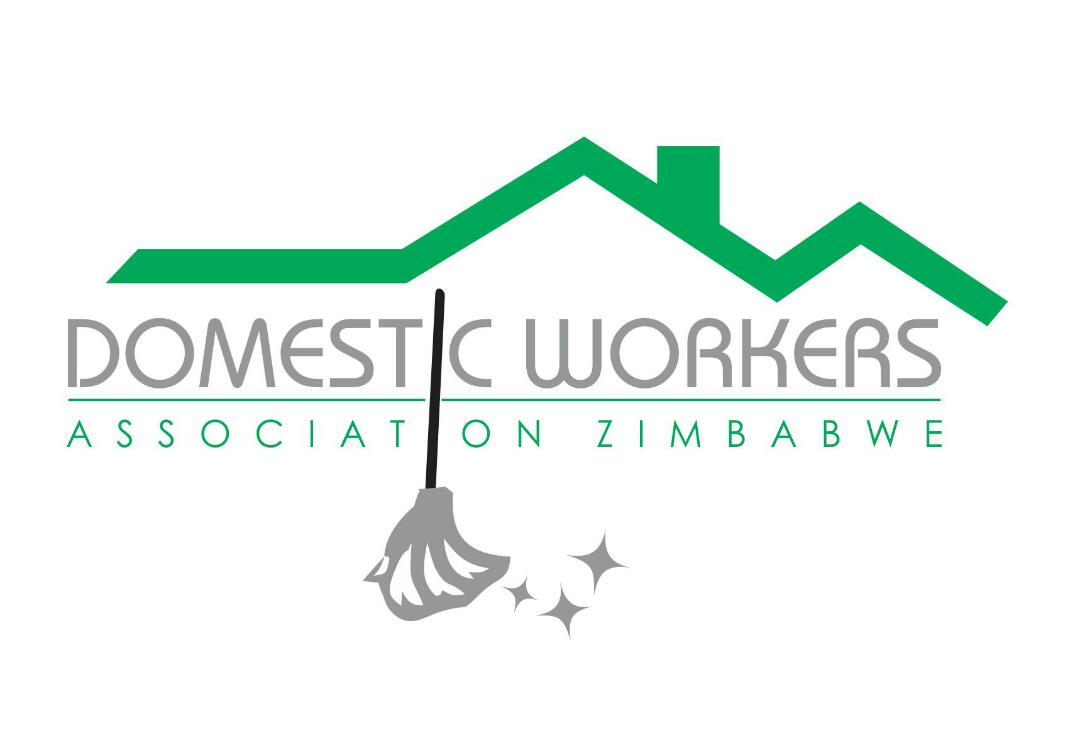“she slapped me saying I had not bathed the baby thoroughly, yet I have been working for the past eight months bathing the baby everyday” So began aunty Precious as she pitifully narrates her ordeal at the hands of her employer, wondering what she had done wrong today with a task she has done hundreds of times before. A very familiar kind of report for us from domestic workers` experiences, something most people know very little about.
The only crime committed by these migrant domestic workers is the will to seek greener pastures beyond the borders, trying escaping the harsh and unforgiving vicious cycle of poverty which persistently torments them and their families back home hoping to etch a better livelihood.
As she narrated her story it sank a sharp sensation into the heart as one wonders why would anyone have the courage to violate and disrespect a fellow human being in such a manner. Are there no other ways to amicably solve such a trivial issue as `failing` to bath an infant? How does one continue working in such an environment where they are uncertain when, in what form or for what other reason will the next attack land on them, and the next, and the other one after that. Will it ever stop, will it end?
We have always brought to attention the private nature of domestic work and their work spaces and the consequences this privacy brings about. Because the private household is a no-go-area, domestic workers are suffering unspoken ordeals in silence, their pain and suffering concealed by brick walls and security fences. It is like they exist in their own world where their masters answer to no one but themselves.
For the migrant worker, options are very limited as they have nowhere and no one to turn to. They endure because the thought and burden of responsibility they carry as mothers, fathers, guardians, breadwinners, outweighs their dignity and welfare. For domestic workers, their patience and need to preserve their source of income is perhaps their greatest vulnerability.
The law and biblical principle emphasize on us to treat the next the person the very same way we expect and want to be treated. Employers need to heed to this word and treat domestic workers with dignity and respect. Thumbs up to employers who are doing the best they can with and for their domestic workers, we have had some very good reports from some domestic workers who appreciate their employers and how they treat them. However such ‘good report’ cases are outnumbered and we really need our employers to continue doing better.
To our governments and leaders, out there awaits a people who require you to turn your heads and pay attention. Of course the immediate response might be that there are provisions enshrined in our constitutions for the domestic worker, but the question remains, how effective has implementation and execution of such been? If it holds true, then one cannot help but wonder why we have so many cases of abuse, exploitation, violation and injustices being reported within the domestic work sector.
Can we really pen down women and girls empowerment based on the fact that our governments have adopted an active quota system which sets aside high profile positions for a small percentage of women when a quarter of the total women population remains marginalized, that we have women promoted to Chief Executive posts when the woman taking care of the Chief Executives` family at home can barely support herself and her family despite working for a fellow woman, a high profile individual making part of the statistics buttressing the talk of achievement of `empowerment`?
We can and need to do better together. Our domestic workers, both local and beyond our borders need our support and attention. Their welfare is as important as that of the health practitioner, or the teacher, the doctor, the pilot. The same painful, degrading and embarrassed feeling a Minister would experience if slapped is the same felt by a domestic worker, whether they are in their own country or in another.
The same way the government spokesperson comes out on national television to speak and denounce any shameful act against a foreign national whose case finds its way to the media is the very same magnitude of attention and swiftness with which domestic workers issues should be accorded as they come to light.
To neglect the domestic worker is to leave defeat the essence and purpose of sustainable and inclusive development.
(Names have been changed to protect identities)
#dobetter
